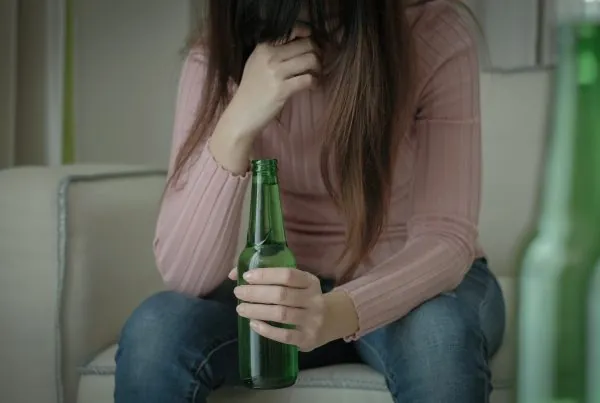The teen years are filled with emotional ups and downs and sudden mood swings. How can you tell whether your teen’s behavior is normal or an indication something might be wrong? Parents of teens may worry that their teen is exhibiting symptoms of a mental illness, but they may not be sure how to identify the condition or talk to their teen about what they are seeing. The staff at Visions Adolescent Treatment Centers has some of the early signs of mental illness to watch for and what to do if you see those signs in your own child.
The Prevalence of Mental Illness
According to the National Alliance on Mental Health (NAMI), around 20 percent of youth between the ages of 13 and 18 suffer from a mental health condition. Some of those teens will turn to drugs or alcohol to “self-medicate” their symptoms, creating a substance abuse disorder in addition to a mental illness. A significant portion of those youth also drop out of high school or end up in the juvenile justice system. Common mental illnesses that develop during the teen years include:
- Depression
- Anxiety disorders
- Mood disorders
- Behavior disorders
- Eating disorders
Half of all mental illnesses begin by the age of 14. Another 25 percent occur by the age of 27. The earlier these illnesses are identified and treated, the better prognosis both during the teen years and into adulthood.
Signs of Mental Illness
There are a number of possible signs your teen may be suffering from a mental illness:
- Mood shifts out of character from your teen’s usual mood fluctuations
- Withdrawal from family, friends and activities
- Difficulty in school or relationship problems with friends
- Behavioral changes that make your child seem like a different person
- Weight loss without any clear cause
- Risk-taking behavior completely out of character for your teen
- Signs of drug or alcohol use that could indicate your teen is self-medicating
- Symptoms of sadness that last more than a week or two
- Suicidal thoughts or ideations
Any one of these signs alone may not necessarily be a problem, but if you begin to see a pattern that is different from what your teen usually displays, don’t wait to seek guidance and assistance. Talk to your teen about what you have observed – you may be met with resistance, but at least your child will see that you care and you are willing to get the necessary help. The sooner you get your teen the medical support needed, the less likely your child will be to turn to drugs and alcohol as a means of dealing with their illness. If drug or alcohol use is already present, Visions Adolescent Treatment Centers can help. Contact us today at 866-889-3665.








